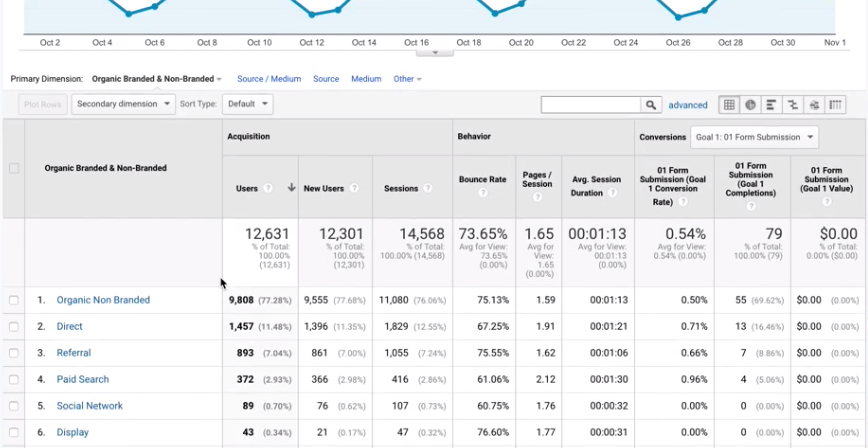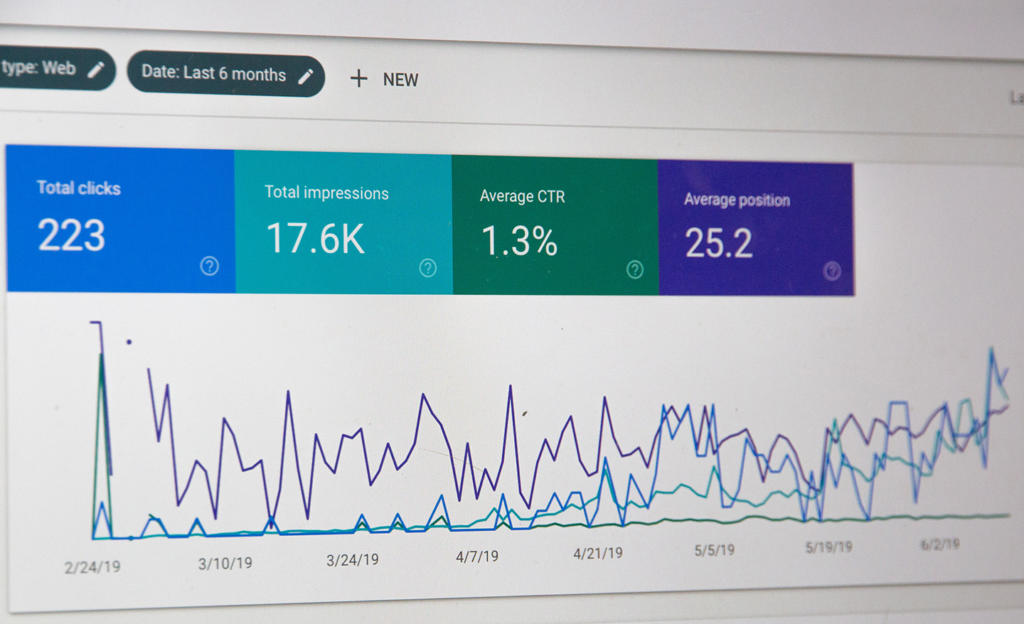
First Published: 15 June, 2022
Doesn’t seem like too much of a distraction now does it?
Well, good news! There are quite a few tools that can help uncover general and technical SEO issues on your site during an SEO audit. Many require paid subscriptions or licenses and can be quite thorough, often uncovering minor underlying issues that can add up to serious impacts on a site’s crawlability or its ability to appear in search results.
If you want a sneak peek at what we look for in an SEO analysis of a site, check out each aspect here. Our process involves looking at the domain authority, technical health, and the current content strategy in place on a site. Then, as we analyze our findings, we present opportunities to help improve each aspect in collaboration with our clients.
If I have to choose only one tool to perform SEO audits from here on out… we love SEMRush.
Why? SEMRush has the ability to identify technical SEO issues impacting a site with actionable recommendations on how to solve these issues. Beyond that, SEMRush offers a suite of tools that help you research keyword rankings for your site and your competitors, track position movement of targeted terms important to your business, and monitor your backlink profile growth.
The only downside to SEMRush is the price can swell quite high if you are working in an agency setting with multiple clients. For a single business, the free or lowest tier will provide the basics that we use most often in our SEO audits.
Yep! 😀
As mentioned before, we use a variety of tools to learn as much as we can to make data-backed recommendations and decisions that provide value to our clients. Moz is a great alternative to SEMRush with some similar tools while being more concentrated on being an all-in-one SEO toolkit. It doesn’t provide as much detail as some of the tools in SEMRush, but they still provide valuable information when researching keywords for content. ScreamingFrog is also a great tool to see the information crawl bots are able to see and identify any trouble areas like broken links or duplicate title/meta descriptions.
Google is our friend here! All you need is a Gmail account to get access to just about everything Google has to offer in their suite of tools. Google Analytics and Search Console are both free tools that, once set up, can provide valuable insights into how a site is performing.
If you don’t have Google Analytics on your site yet stop reading and go get that done right now! Want to see how Analytics is changing? Check out our article on Google Analytics 4 and the changes it brings to analyzing site traffic both positive and negative.

Google Analytics provides a wealth of data to analyze in a bunch of different ways. There is a lot to sift through if this is your first time jumping into so don’t feel bad about not understanding everything right away. Google offers free courses to learn the basics and some of the advanced features of the platform if you are interested in learning more.

This tool is like Google Analytics’s partner in crime, or in this case, traffic analytics. Within Search Console, you get an unbiased and unfiltered view of a site’s performance and impression share for searches on Google. They are constantly updating and tweaking the toolset within. Notable mention – they recently included Core Web Vitals right there in the tool!
As we wrap up here, I wanted to include a quick mention of a new aspect to rankings and SEO work in 2022 and beyond.
Google has completed the rollout of the Core Web Vitals update and the impacts are already being felt with site rankings. GTMetrix is an excellent tool to get a visual breakdown of what is loading, how long it is taking, and where improvements can be made. If you combine any of the tools mentioned in this article with your current SEO work, you can get a better understanding of how well the site is performing in SEO, and what can be improved on to increase ranking positions.
while there isn’t one tool to rule them all, in the majority of cases Google Analytics, Search Console, and the free tools from either SEMRush or Moz will be invaluable tools in your toolkit going forward.
Happy marketing!
Gary is a Vancouver-born and raised native. During his time off, he’s online exploring digital worlds, working on his car, or exploring the great Pacific Northwest, taking photos along the way. He comes to Gravitate from Washington State University Vancouver’s Creative Media and Digital Culture program, and now puts his superpowers to work on every client account he touches!

Contact us if you have any suggestions on resources you would like to see more of, or if you have something you think would benefit our members.
Get in TouchSign up to receive updates on events, training and more from the MA.
